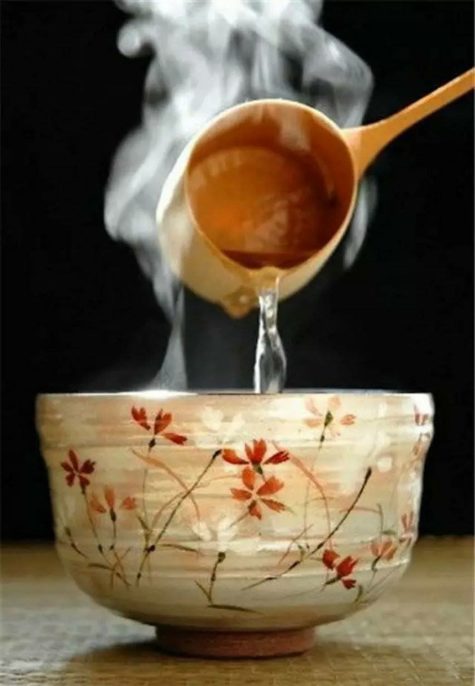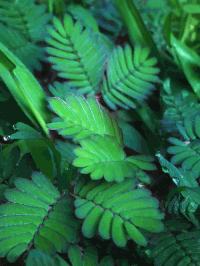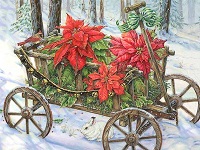How To Make A Decoction
Another method of making tea, decoctions are necessary when working with roots, barks, seeds, and other hard or woody plant parts. These require more time exposed to high heat to release their benefits into the water.
Administration and Dosage Guidelines
Like infusions, decoctions are generally drunk as they are. They may also serve as an ingredient in another remedy (bath, soak, compress, syrup, lotion, etc). Each decoction has its own dosage range depending on the herbs used, but in general it is normally recommended that you drink two cups to a quart of decoction daily.
Self Life and Storage Guidelines
Dry herbs blended for a decoction formula can keep for years if they’re stored in airtight containers. Once water is added, decoctions are generally only good for 1 or 2 days at room temperature. If kept refrigerated, this could extend to 3 days. Trust your tongue. If the decoction tastes “skunky” or otherwise off, best to make a new batch.
Necessary Tools, Equipment, or Ingredients
- Herbs
- Water
- Quart to gallon size pot
- Mesh strainer
Preparing Remedies – Step by Step
- Unless otherwise specified, use 2 to 4 tablespoons of herbs per quart of water.
- Put the herbs and water in a lidded pot on the stove, cover, and bring to a boil.
- Once boiling, reduce the heat and simmer for 20 minutes to an hour, stirring occasionally.
- Strain the liquid for consumption and compost the leftover herb material. The technical term for this material is marc.
- You may also choose to ladle out a teacupful at a time, leaving the water and the herbs in the pot until you strain off the last cup.
Pros
- Easy to make: A stove, herbs, water, and a good pot are all you need.
- Versatile: Decoctions can be employed in a variety of ways, depending on need.
- Potent: Decoctions can be quite potent, as the simmering process extracts a majority of the herbs’ available constituents.
- Hydrating: Drinking enough water is important for good health; decoctions count as water intake.
Cons
- Take time to make: Decoctions require a bit of time to prepare, so they’re not great for resolving something quickly like a bee sting or an asthma attack.
- Taken in quantity: When you drink a decoction, you need at least a teacup or two for beneficial effects. Not all herbs taste good, and decoctions are often quite strong and can be unpleasant to drink in that quantity.
- Short shelf life: Once made, consume decoctions promptly.
Additional Considerations
Generally, each herb is either infused or decocted, depending on what kind of plant part it is:
- Leaves, flowers, and stems are usually infused.
- Roots, seeds, and barks are usually decocted.
If you want to include both types of herb material in one drink, first decoct your hard herb parts. Then strain that liquid while still hot, and add your lighter plant bits to it for infusion. Strain one more time and it’s ready to drink.
Sometimes decoctions are made in an open pot, allowing evaporation to reduce the volume of water. This concentrates the decoction’s strength. In some Syrups, for example, the herbs are first decocted, the liquid is reduced to half, then it is mixed with honey.
Source: Herbal Medicine for Beginners.
Rennie Luttrull: queen-annes-lace-seeds
Rosanna: Spignel aka Bald Money
Annamarie Squatrito: Fumitory
EILEEN Klinghagen: Pumpkin
Mahmudul Hasan: Celery



Leave a Reply